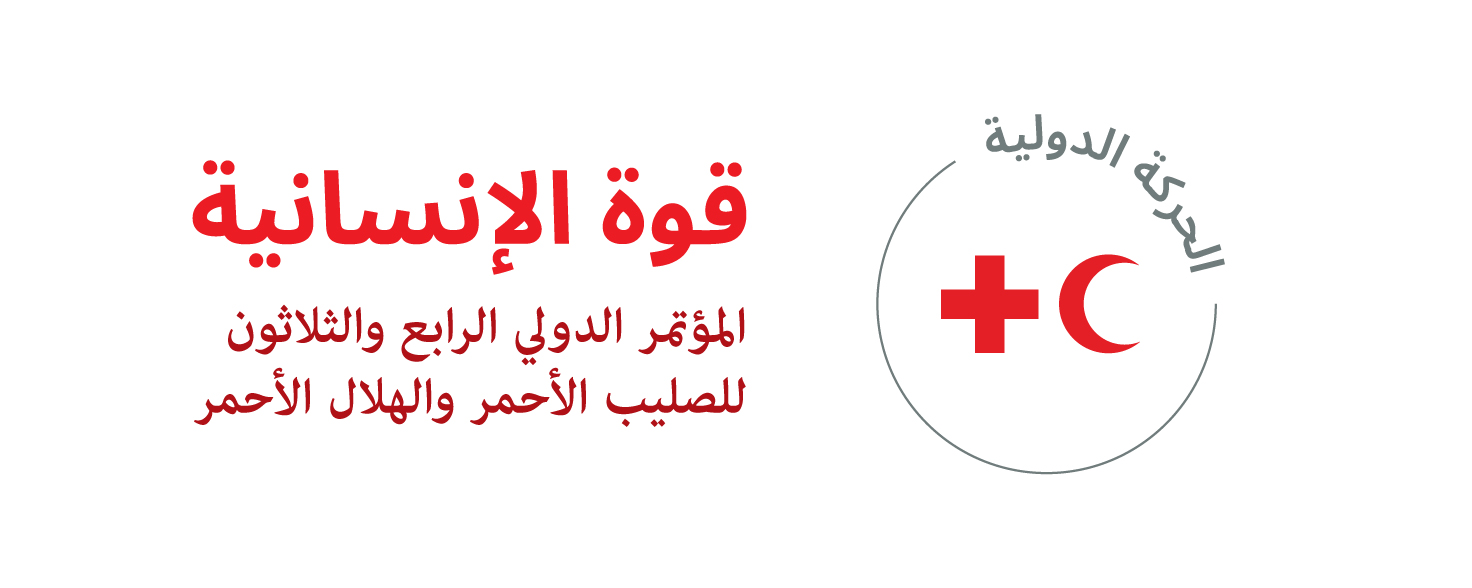الإجراءات المتخذة:
Since 2019 the Canadian Red Cross (CRC) has achieved many of the pledge’s goals, namely:
• Adoption of diversity and inclusion into the organizational strategic priority areas.
• Collection of self-identified gender data to track progress toward gender parity.
• Achieving equal representation of men and women at executive and board levels.
Tools and Methodologies:
• CRC has improved its data collection and analytics through this resolution through the quarterly collection of self-identification data on demographic factors, including gender. This survey is sent out to newly-hired individuals – temporary, casual, and permanent employees. The data also shows overall staff population of women, racialized populations, people with disabilities, Indigenous population, and youth broken down by staff, senior management, and supervisory roles.
• CRC has improved human resource procedures through reviewing executive recruitment processes for inequities and bias to facilitate more women in leadership positions.
• CRC created a Women’s Diversity Resource Group. This committee is an opportunity for staff, volunteers, and delegates to discuss and share feedback to the executive team, network with each other and contribute to the diversity and inclusion strategic plans and goals.
Partnerships with other humanitarian actors:
• CRC participates in the GLOW Red Network, IFRC Americas region, and other National Societies to advance diversity, gender equality, and social inclusion.
Mobilization of Resources:
• Creation of a senior leadership role to oversee women in leadership (Senior Director, Diversity, Inclusion and Belonging)
Training and Capacity of Staff:
• CRC contributed to two webinars supporting RCRC Movement’s GLOWRed Network and promoting women’s leadership participation within the Movement. The CRC moderated a panel discussion at the Inter-America Conference for GLOWRed and presented an educational webinar for the America’s IFRC region on inclusive leadership. The webinars were well-attended; in particular, the presentation on inclusive leadership and barriers for women in humanitarian roles had over 200 attendees.



